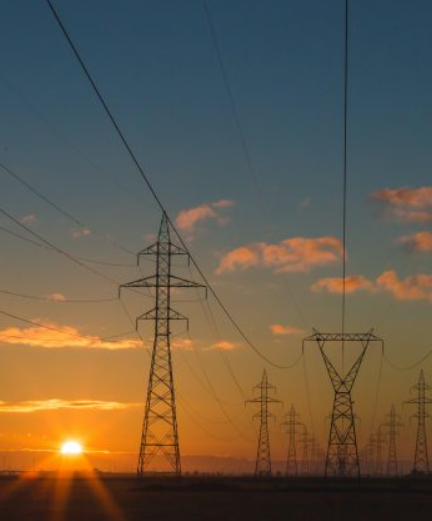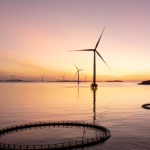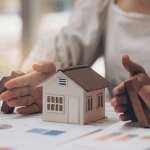As energy prices continue to climb, startups are feeling the pressure to keep their electricity bills in check. Rising energy costs can significantly affect a new business, especially those with high energy demands due to manufacturing, technology, or office operations. However, with strategic planning and the adoption of energy-efficient practices, startups can minimize the financial impact of these rising costs and even turn them into an opportunity for long-term sustainability.
The Impact of Increasing Energy Prices on Startups
Electricity bills are often a significant part of a startup’s operating expenses, and as prices rise, it becomes more challenging for businesses to manage their budgets. Increased energy costs can slow growth, limit expansion opportunities, and even lead to difficult decisions, such as freezing hiring or raising prices to cover additional expenses.
For many startups, these rising costs add an extra layer of financial uncertainty. As a result, some businesses may have to delay key projects or investments. To stay competitive and avoid negative impacts on customer loyalty, startups need to explore sustainable energy solutions and strategies that help reduce their overall electricity consumption.
Simple Ways to Reduce Electricity Costs
While the idea of investing in energy-efficient technologies might seem daunting, there are several simple steps startups can take to reduce electricity costs immediately.
Adjust Boiler Temperature
A straightforward solution to save on energy is adjusting the temperature of your boiler. If the hot water is hotter than necessary for basic tasks like washing hands, turning it down can lead to noticeable energy savings. Additionally, installing a timer on your boiler will ensure it only operates when needed, preventing unnecessary energy use throughout the day.
Upgrade to Energy-Efficient Lighting
Lighting is a major contributor to electricity consumption, but it’s also an area where significant savings can be made. Swapping out traditional light bulbs for energy-efficient LEDs can dramatically cut your lighting costs. Consider installing motion sensors that automatically turn lights off when a room is unoccupied—this simple addition can save up to 70% of your lighting energy costs.
Be Conscious of Electronic Use
Turning off electronics when they’re not in use is another easy way to save energy. Encourage employees to power down nonessential devices at the end of the day to avoid unnecessary electricity consumption during the night.
Set Energy-Saving Goals
As electricity prices rise, it’s important to set measurable energy-saving goals. Establish a realistic target for how much energy your business aims to save each month. By setting clear, achievable goals, you can track progress and make adjustments as needed without feeling overwhelmed.
Create an Energy Budget
An energy budget helps you manage your electricity costs effectively. Create a plan that ensures you stay within your target energy usage while still meeting the demands of your business. Using budgeting tools or apps that track energy metrics can help keep you on track and motivated to reach your goals.
Keep an Energy Report
Documenting your energy consumption can reveal areas where you can improve efficiency. By regularly reviewing your energy usage, you’ll identify patterns and determine where the highest energy consumption occurs. This allows you to adjust your usage accordingly and target areas for improvement.
Explore Renewable Energy Options
One of the most effective ways to combat rising electricity costs is by transitioning to renewable energy sources, such as solar power. By installing solar panels, your startup can generate its own electricity, reducing reliance on the grid and cutting costs. Additionally, solar energy systems can be a valuable asset for businesses that can store or sell excess energy. In some cases, leasing part of your property to produce clean energy could even generate additional income for your startup.
Turning Rising Energy Costs Into an Opportunity
While the rise in electricity costs can feel like a significant challenge for startups, it also provides an opportunity to establish a more energy-efficient, sustainable business model. By proactively managing energy consumption and investing in renewable energy, startups not only save money but also position themselves as environmentally conscious and forward-thinking businesses. The key is to take action now and implement energy-saving strategies that will reduce costs in the long run and protect your business from future price hikes.



